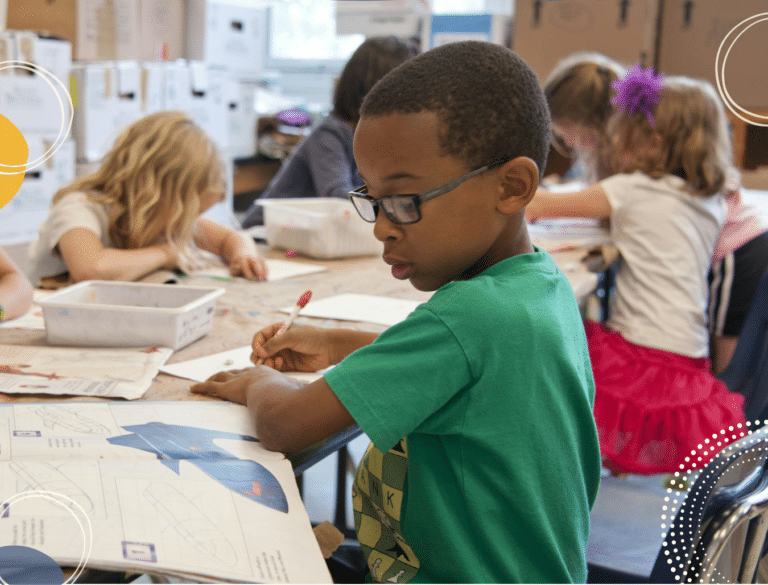“I don’t like my daughter’s friends”
This short video was inspired by an email I received from a parent with the subject heading “I don’t like my daughter’s friends”. There were a lot more details in the email, but the phrase struck me for its honesty. I know lots of parents have the same thought (even if we might express it in more convoluted ways).
You may have heard me say it before but the problem with parents is that we think we’re right. Often we are right. However, when we reach a conclusion about something that our child then has to implement, we find ourselves in the tricky position of trying to direct their choices and behaviour. And when it comes to friends, they often just won’t listen to us.
A much more useful approach is to do some ‘wondering out loud together’. To step back from that judgement (“I don’t like my daughter’s friends”) and explore with our child what they understand about those friendships, what they like about those unlikable friends.
There’s a lot more detail on how to communicate effectively with teens (and support them to make good choices) in my book How to Get Your Teenager Out of Their Bedroom – but here’s a quick summary of ideas for managing friendship issues ⇓
Other resources you might find useful:
This post contains affiliate links (see Disclosure Notice).






